The Overwatch League 2023 season Pro-Am is now long over, with the pre-season tournament featuring rosters rebuilt from the ground up as well as surprising performances from both tier one and tier two teams. Not only did Contenders teams join the fray after their own qualification tournaments, but we also got the first true test of the latest Overwatch League rosters.
Out of all seven of the Contenders teams that played, none qualified for the playoffs, but the best of them outplayed some Overwatch League teams in the standings when the event came to an end. As fans expected, only OWL teams made it to the playoffs, but that was where the surprises truly began for this tournament. With this being the first true test of the meta for the 2023 season, we have a more solid understanding of the strengths and weaknesses of all the Western OWL teams heading into the rapidly approaching Spring Stage.
Here are three key lessons players and fans learned from this Overwatch League pre-season tournament.
The San Francisco Shock are scary, even on high ping
Out of all the teams competing in the Pro-Am, fans kept a close eye on the San Francisco Shock. The former back-to-back champs now have a mix of young talent from the OWL 2022 season and promotions from Korean Contenders team O2 Blast. One non-rookie pickup was a trade, with the Shock acquiring former Seoul Dynasty support Park “Vindaim” Jun-woo. Even with the high standards, Vindaim meshed quickly with the team, as his play on Ana and his coordination with rookie tank Park “Junbin” Jun-bin served as a key reason they were able to defeat the Vancouver Titans. That match ended in a sweep, a confident showing against a fellow league team.
Yet, from start to finish, the Shock were playing with a disadvantage. The players’ visas weren’t processed in time, leaving them to compete on high ping. That was more obvious in their match against Trick Room, losing 2-1 to the Contenders team. Despite going up 1-0 and only needing to win one of the next two maps, the Wrecking Ball of Boston “Infekted” Fine and a Sombra/Tracer combination led Trick Room to reverse sweep to their only win of the tournament.
The Shock weren’t the only group that played on high ping. Other players like the Toronto Defiant’s Majed “SirMajed” Alrashied also competed had to deal with it, but that was only one player on the Defiant in comparison to the majority of the Shock roster. No matter what happened in the Pro-Am, the Shock were at a disadvantage and just barely managed to make it to playoffs.
Even with the high ping and loss to Trick Room, though, the Shock still look like a top team in the West and in the league. Kim “Proper” Dong-hyun seemingly remains in MVP form, able to single-handedly take over games with his skill, as shown in the match against Timeless with a clutch Deadeye dodge and Pulse Bomb stick to win King’s Row defense. At the same time, Junbin and Chae “HeeSang” Hee-sang proved their worth in their teams’ wins. The duo’s experience together as former O2 Blast players clearly helped coordinate great dive comps, like this conversion off a HeeSang EMP. Despite the ping, the team qualified for the Pro-Am finals just over the Vancouver Titans thanks to map differential.
Nobody expected the Shock to make it far in the playoffs, but Proper was locked in for their first playoff series. In what turned out to be a stout defensive hold, after losing multiple players in a fight towards the middle of the first part of Rialto, Proper not only melee killed the enemy Tracer, but dodged the enemy D.Va and killed the opposing Widowmaker, leading to an easy regroup from the Shock and an eventual map win.
In the end, the team almost upset the Houston Outlaws in the first round, losing 3-2. This series in particular is where Junbin and HeeSang shined brightest in the tournament, specifically off of coordination between HeeSang’s Hanzo and Junbin’s Winston in moments like Push map Esperança.
Even with all the troubles they faced, the Shock are a team to keep an eye on as they make it to North America and play on an even playing field.
The Florida Mayhem are a force to be reckoned with
Fan expectations for the Florida Mayhem heading into the Pro-Am were high, but the community didn’t put big expectations on them thanks to their tumultuous history. They were still regarded as a top team thanks to a solid core from 2022 getting four great off-season pickups, but everything came together in their Pro-Am run.
Florida went undefeated in the tournament, taking down teams like the Toronto Defiant and London Spitfire easily. While other squads had troubles running the multiple different meta comps that each map had, the flexibility of the Mayhem on top of their high-potential players came alive in this tournament.
In the 21 maps they played over the course of the entire tournament, the Mayhem only lost three. Two of those maps were to the Los Angeles Gladiators in the finals, who mirrored the Mayhem in a strong off-season without blockbuster moves.
Off the backs of super-flex tank Ham “SOMEONE” Jeong-wan and tournament MVP Rupal Zaman, Mayhem went on a franchise-best run towards their first-ever title. The teamwork between those two specifically showed in their game against the Defiant, with this clutch nano from Rupal onto SOMEONE winning the fight and map for the Mayhem.
Fans and players all knew about the talent SOMEONE brought to the table, but the rookie Rupal played at a top-tier level on flex support heroes like Zenyatta and Ana even while fasting for Ramadan.
The super-teams still have some development to do
This offseason had the most free agents available to all teams in Overwatch League history, leading to multiple attempted super-teams. In a way, three teams built their own versions of super-teams in the West.
The first, the Boston Uprising, focused on nothing but league-experienced Korean talent, picking up names like Kim “birdring” Ji-hyeok and Yoo “smurf” Myeong-hwan. Shortly after, the Houston Outlaws completed their five-man all-Korean roster, reacquiring Lee “Happy” Jeongwoo. Lastly, the Toronto Defiant picked up all the available former American Tornado players in free-agency, building a former Contenders super-team to compete in the Overwatch League all on the same roster.
In a way, each team lived up to their potential, but also failed to make their way to a title. The Uprising started slow in the playoffs and couldn’t manage a comeback against the Toronto Defiant. The Outlaws squeaked past a high-ping Shock before losing a close series to the Los Angeles Gladiators. Last but not least, after upsetting the Uprising, the Defiant got smoked by the Mayhem.
Each team had their own obvious strengths, but also notable weaknesses. For example, the Boston Uprising ran Tracer on all five of their total playoff maps, but preferred Jang “Decay” Guiwoon on that hero over Kwon “Striker” Nam-joo. Considering Striker made a name for himself as one of the best Tracer players of all time, that decision cost them in the Defiant series; Decay simply didn’t have enough impact in comparison to the Defiant’s Tracer the first two maps they lost. While the team has a lot of talent, making it all fit together cohesively is entirely a task of its own.
In a similar vein, the Toronto Defiant were adamant on running Nicholas “Speedily” Zou on his signature Echo throughout the Pro-Am, but that was easily countered by the hitscan prowess of Choi “MER1T” Tae-min in the Mayhem series.
Out of the three super-teams, Houston seem to be the closest to the title. While the flaws from the Defiant and Uprising were a lot clearer to point out, the Outlaws were one map away from the finals. If anything, their weakness seemed to be the Control map type, as they struggled with the game mode over the course of the tournament. Looking back, the only two Control maps they won in the tournament were against the San Francisco Shock. They lost their Control maps against the Toronto Defiant and Contenders team Twisted Minds in the group stage. Even after beating the Shock on those two Control maps to win their first playoff series, they lost the two Control maps and were eliminated against the Gladiators.
Just because the rosters are stacked doesn’t mean they’ll work the way the teams want them to. In the end, we’ll have to wait until that first true test, when the regular seasons begins with the Spring Stage on April 27, on the Overwatch League YouTube channel. Here, these teams will fight to qualify and fight it out again at the Midseason Madness tournament, and fans will be eager to see who comes out on top.


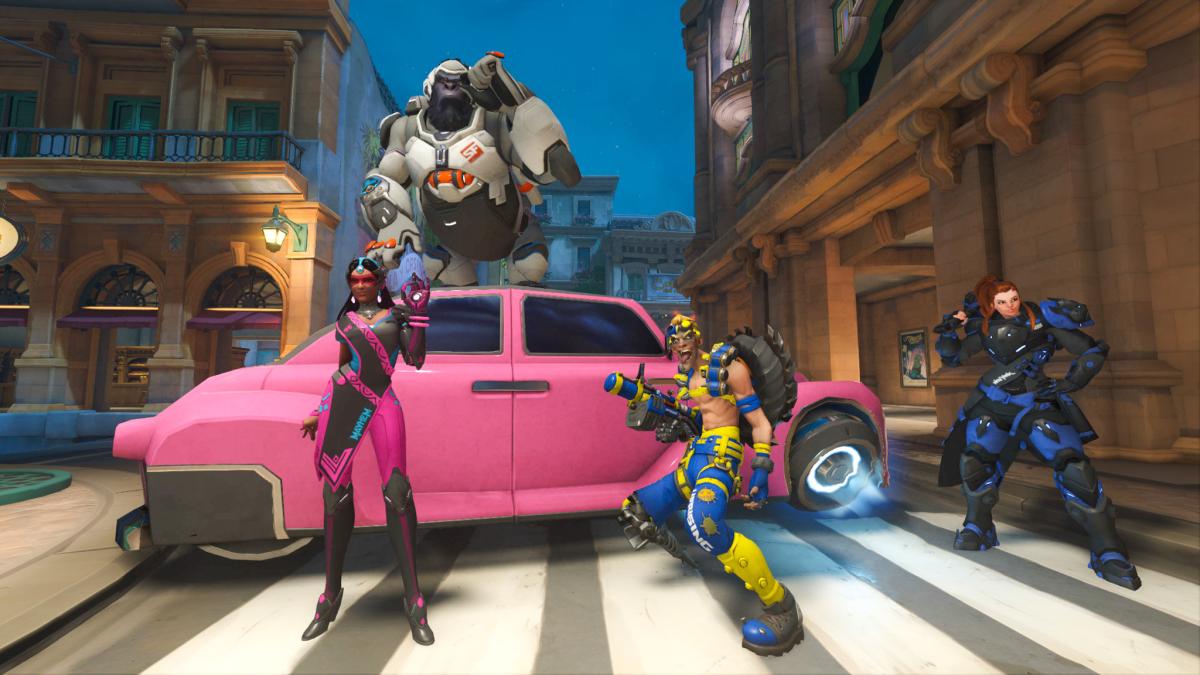
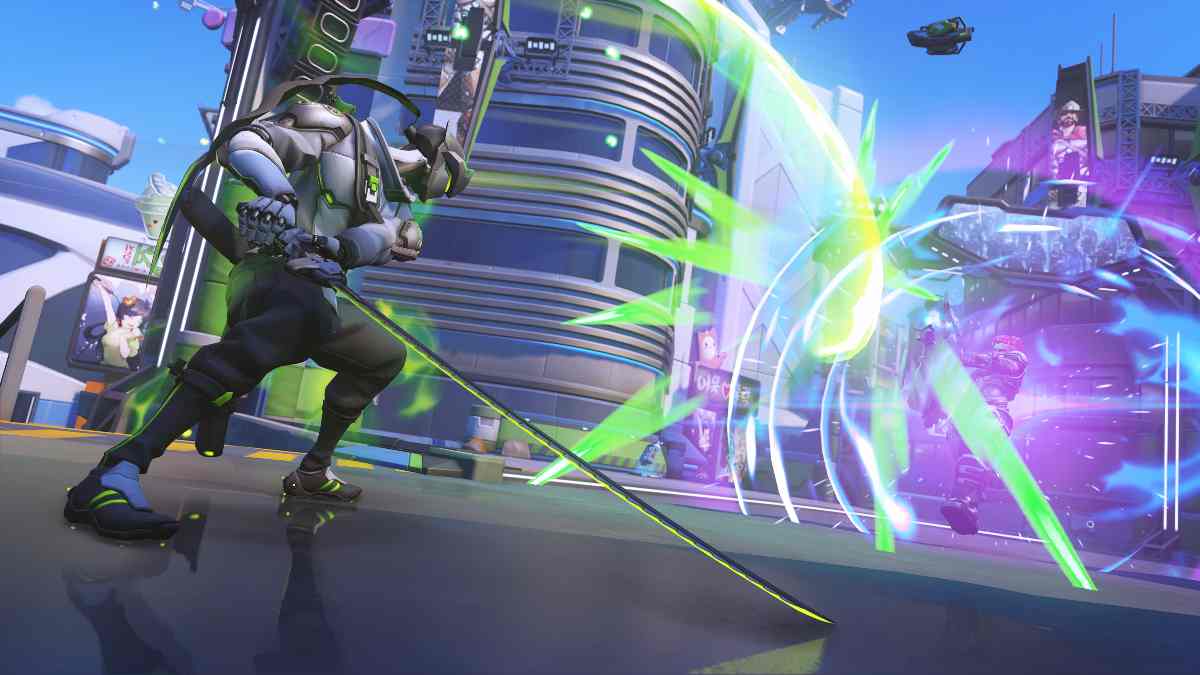
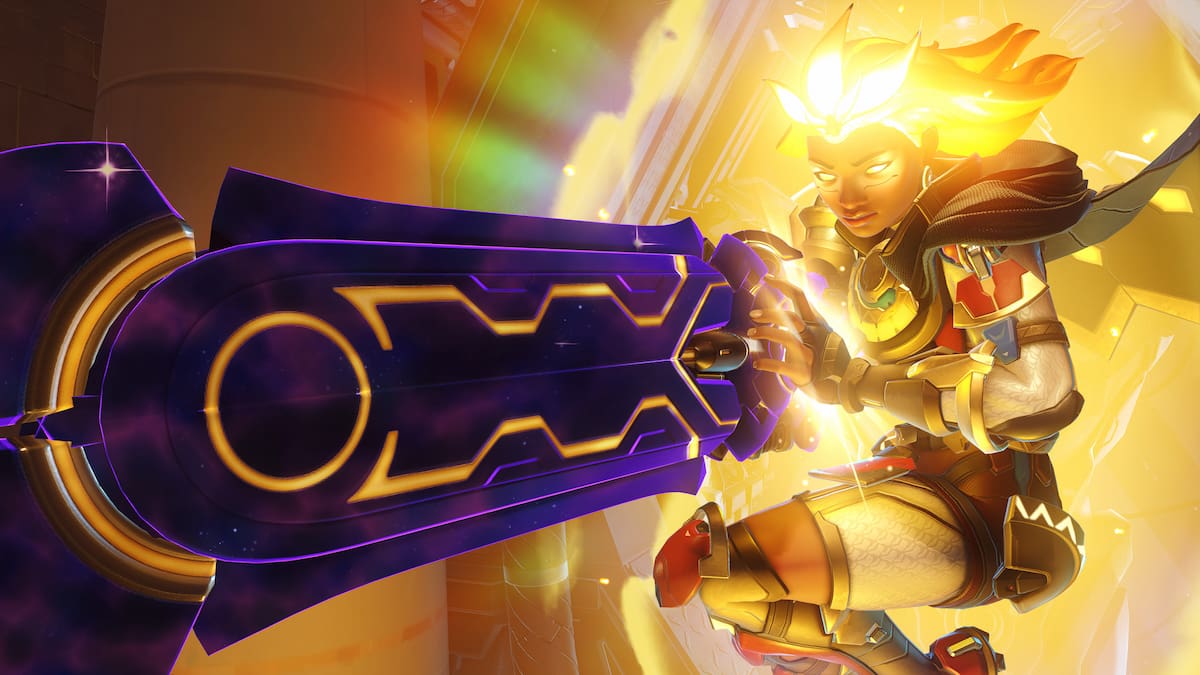
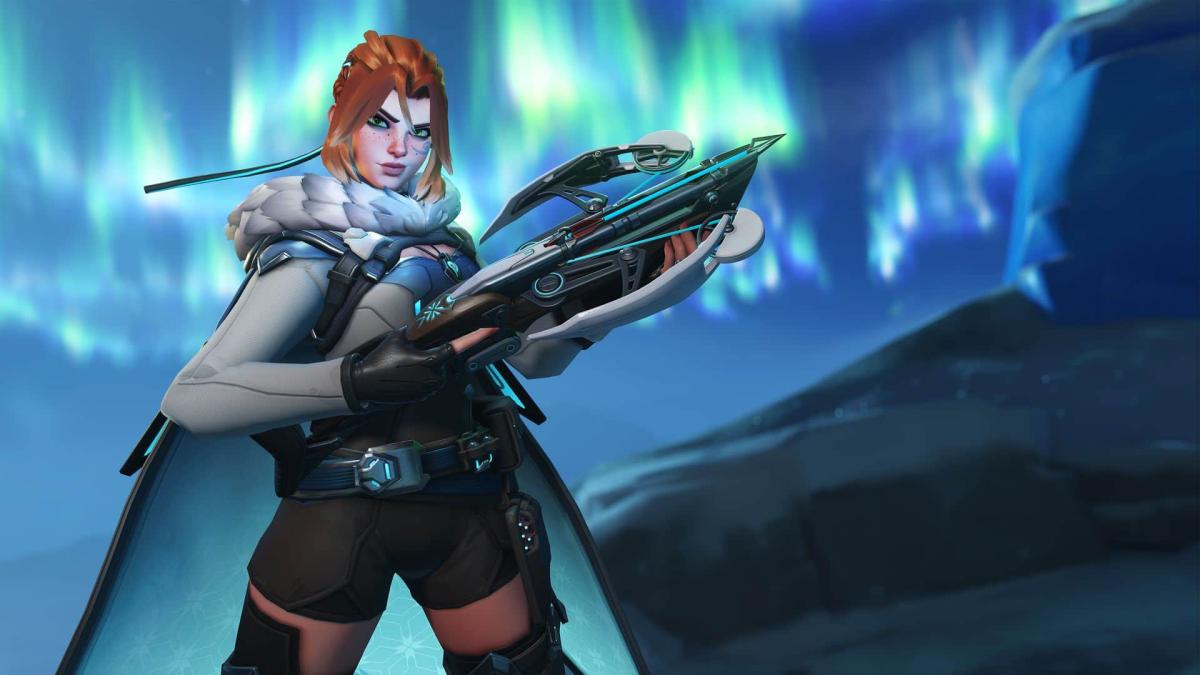
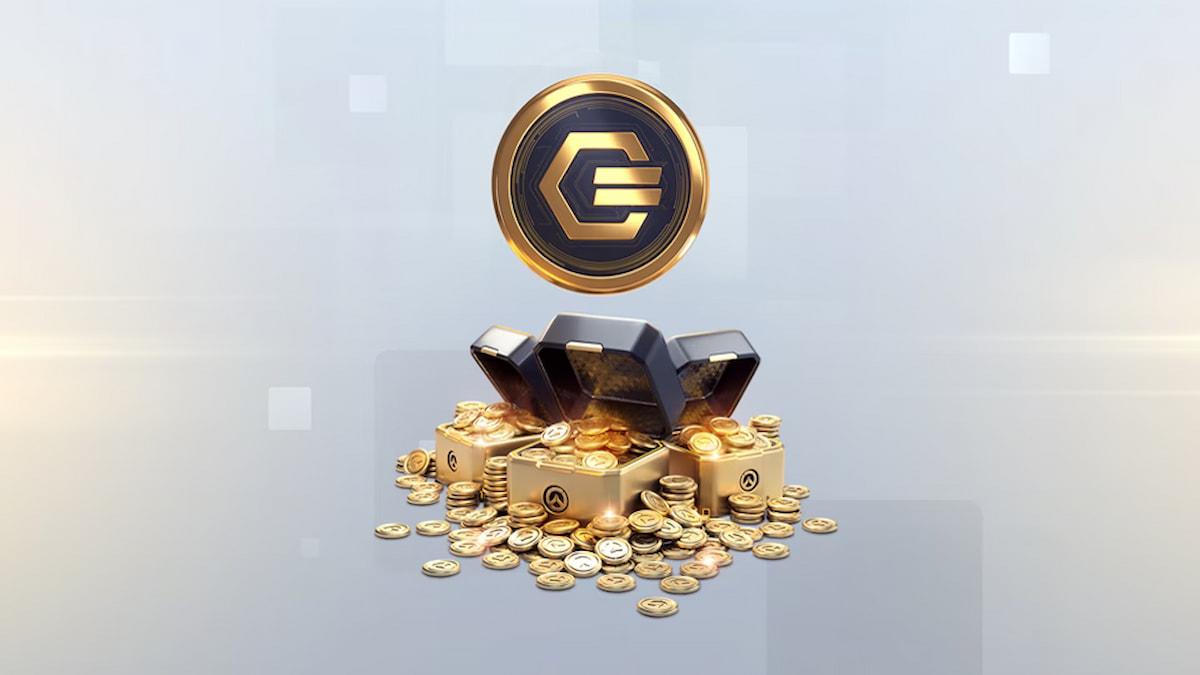

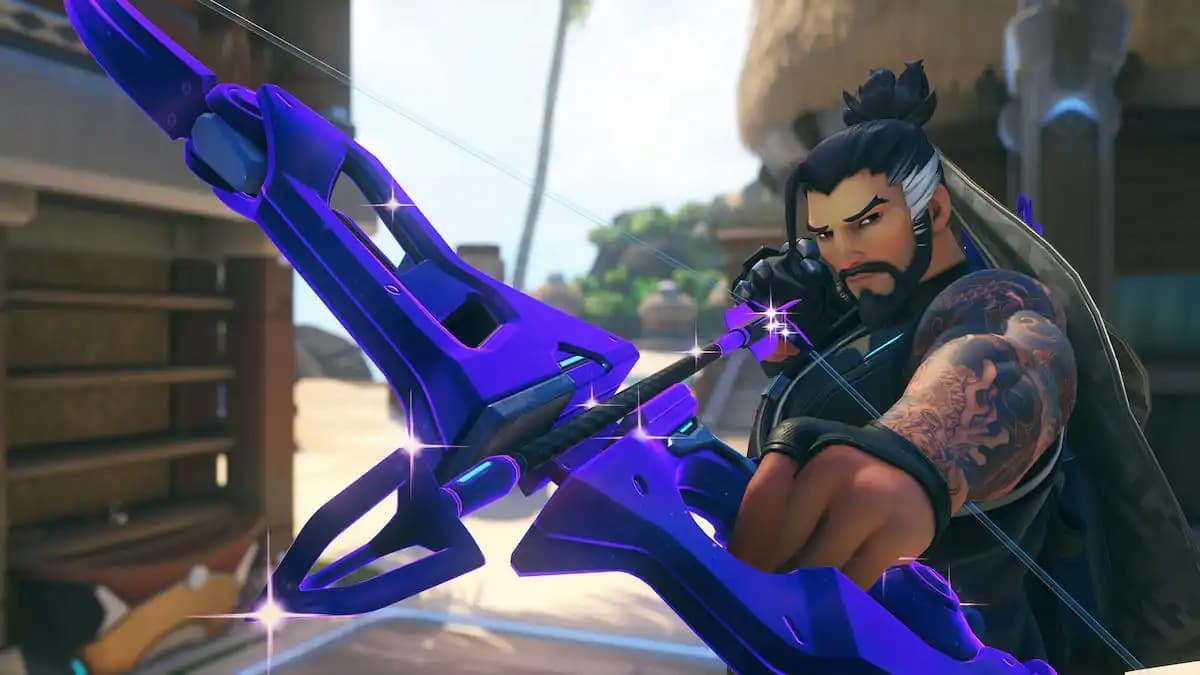

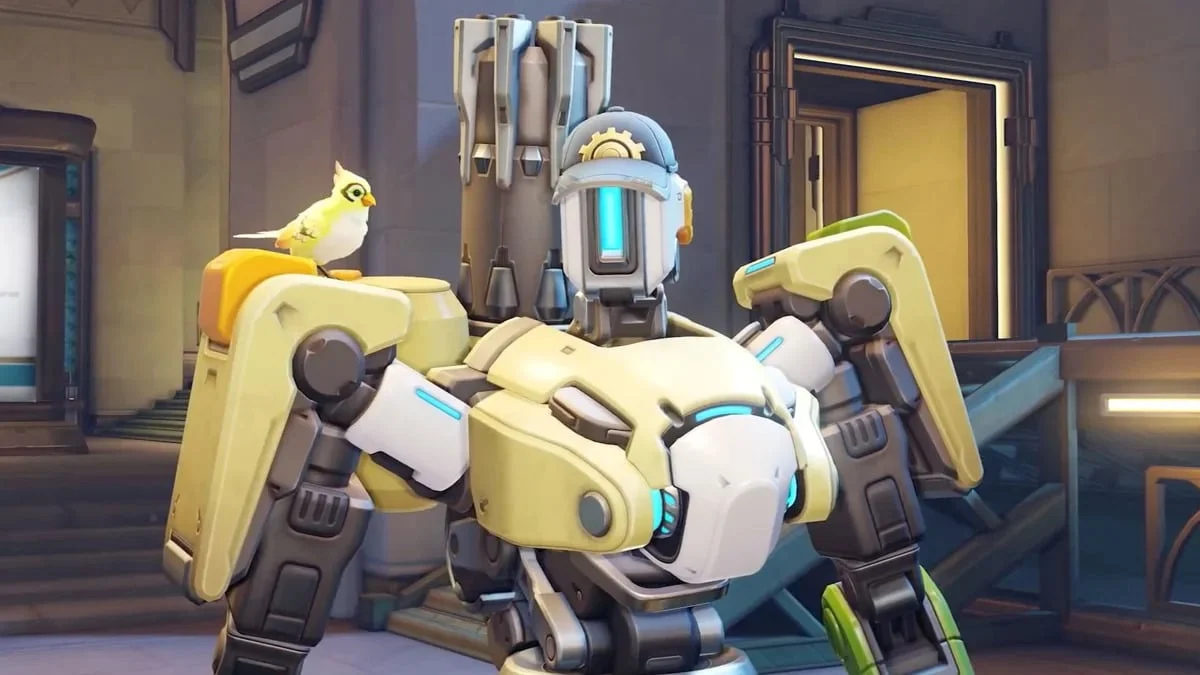
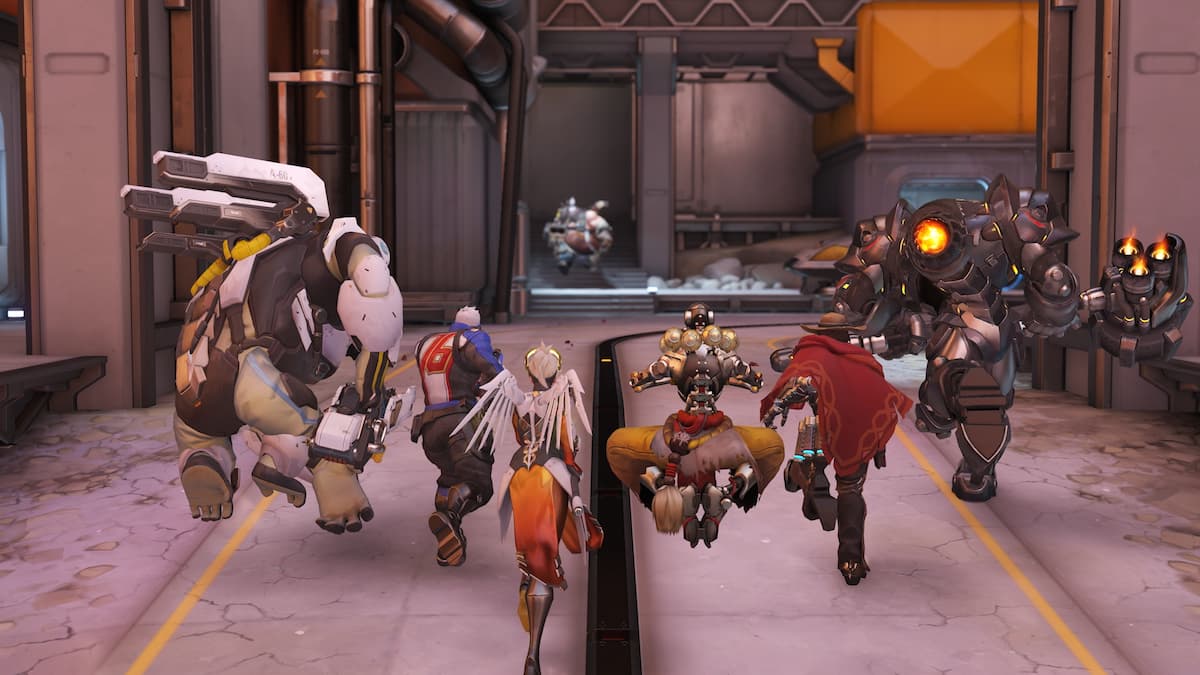

Published: Apr 26, 2023 04:32 pm